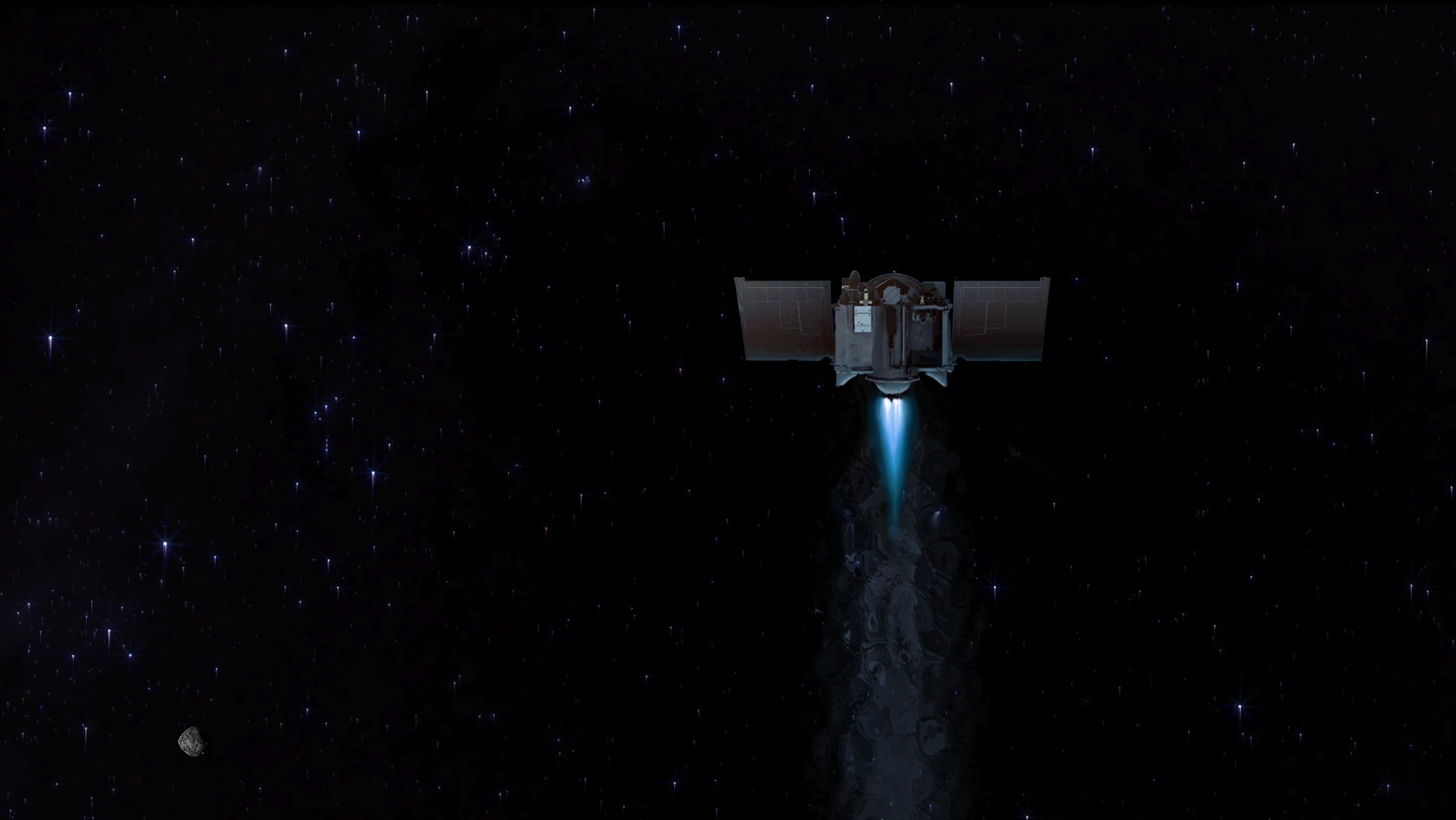Asteroid 2021 TG14 passed close to Earth on Sunday less than 250,000 km away. For comparison, the Moon evolves at an average distance of almost 385,000 km from our planet. This rock, on the other hand, posed no danger to humanity.
In 2005, the US Congress asked NASA to identify and track 90% of all near-Earth objects at least 140 meters wide in the inner Solar System. Two years ago, the agency said it had unearthed about 40% of an estimated 25,000 objects that size or larger. Luckily, this new visitor was not of that caliber. The size of a mini-van, the one roughly called 2021 TG14 passed this Sunday near the Earth at about 250,000 kilometers away .
While it posed no danger to the Earth, its passage was an opportunity for astronomers to learn more about this relic of the past. Asteroids are indeed presented as remnants of fragments of the primitive Solar System, once composed of small icy and stony objects (before the formation of planets).
Coincidentally, this new take comes as asteroids are once again making headlines in fact and fiction. On October 16, NASA launched its long-awaited Lucy mission which, during its twelve-year journey, will study up to eight Trojan asteroids, which precede and follow Jupiter along its orbit around of the sun. These objects have never been visited up close before.
NASA is also still focused on its mission to return samples from asteroid Bennu known as OSIRIS-REx (Origins-Spectral Interpretation-Resource Identification- Security-Regolith Explorer). Its capsule must return to Earth in 2023 . In addition, NASA's Psyche mission will also launch in 2022 to closely study a metallic asteroid of the same name.

A few days ago, American researchers have also simulated a remake of the famous movie Armageddon. The goal:to understand how humans could react as quickly as possible to an asteroid heading straight for Earth. After performing several simulations, they felt that atomizing the object would be the most effective solution.
Finally, let's remember that the United Arab Emirates also announced its intention to land on an asteroid in the early 2030s.
On the fiction side, the Netflix black comedy "Don't Look Up" will be released next December with Jennifer Lawrence, Leonardo DiCaprio and Jonah Hill starring. Convinced that a meteorite is about to destroy the Earth, two astronomers with little credibility will then embark on a media tour to warn humanity of the probable and inevitable end of the world.